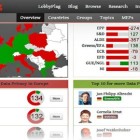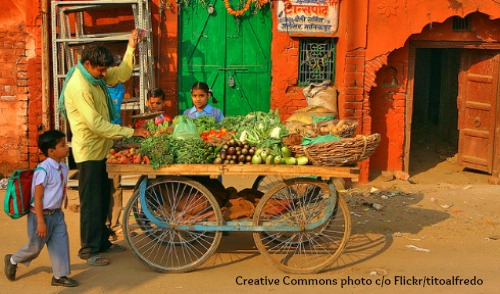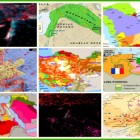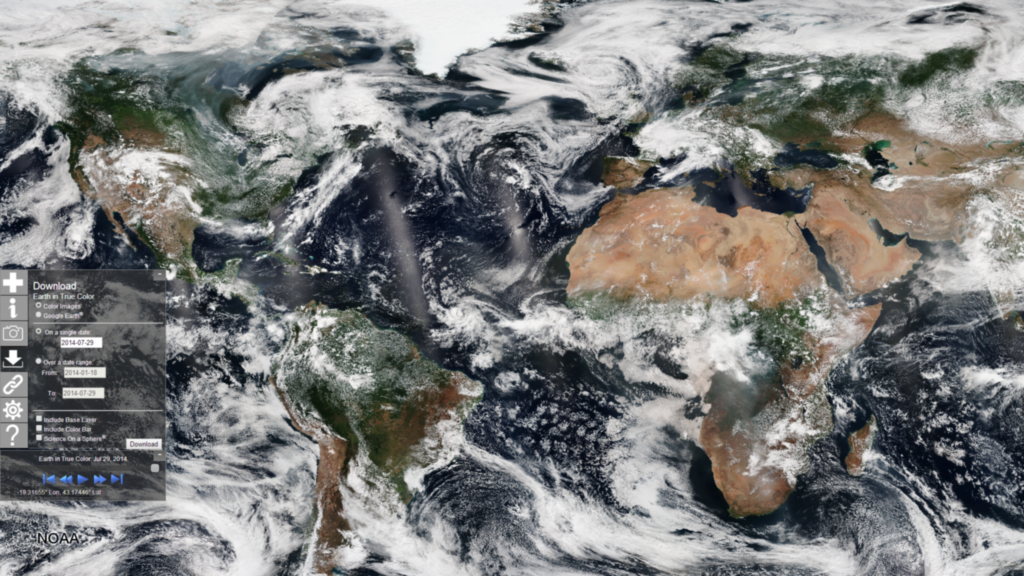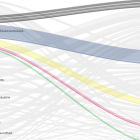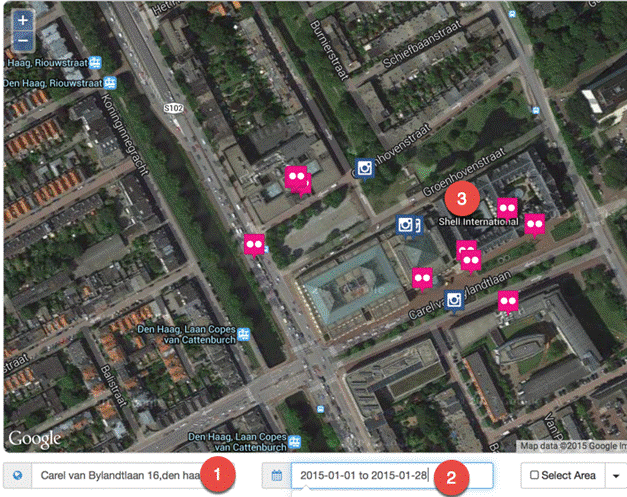Data Journalism
Top Ten #ddj: The Week’s Most Popular Data Journalism Links
|
What’s the data-driven journalism (#ddj) crowd tweeting about? They are sharing links about the NYTimes’ Upshot’s “redesign of news,” Vox’s data journalism approach, avalanche myths from France’s ESJ Lille, and much, much more.


